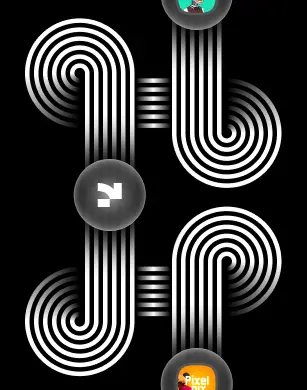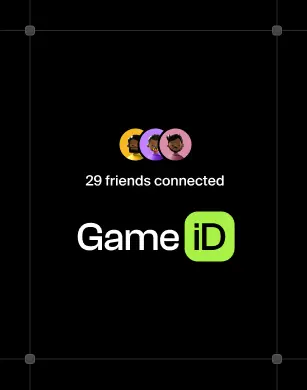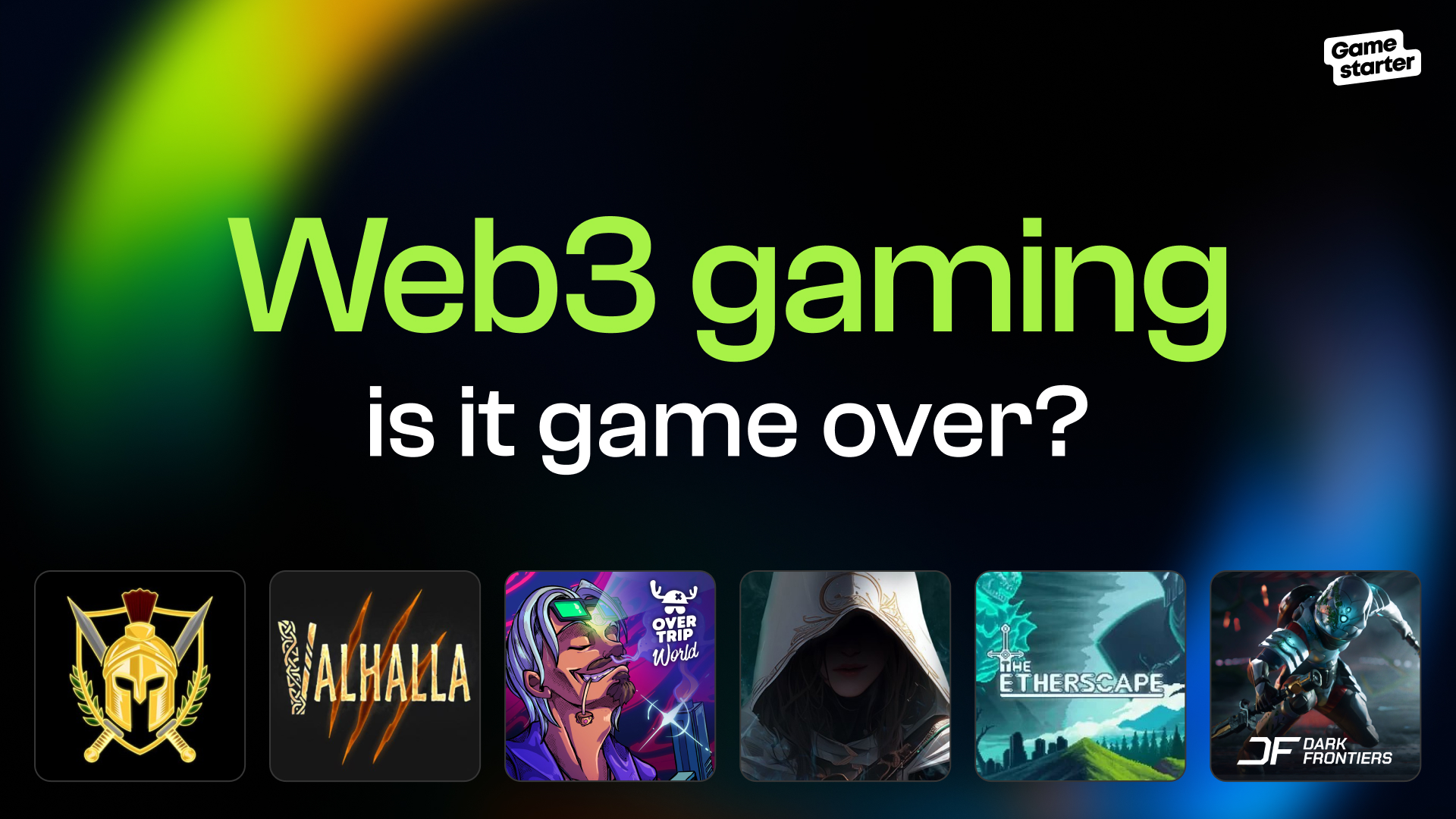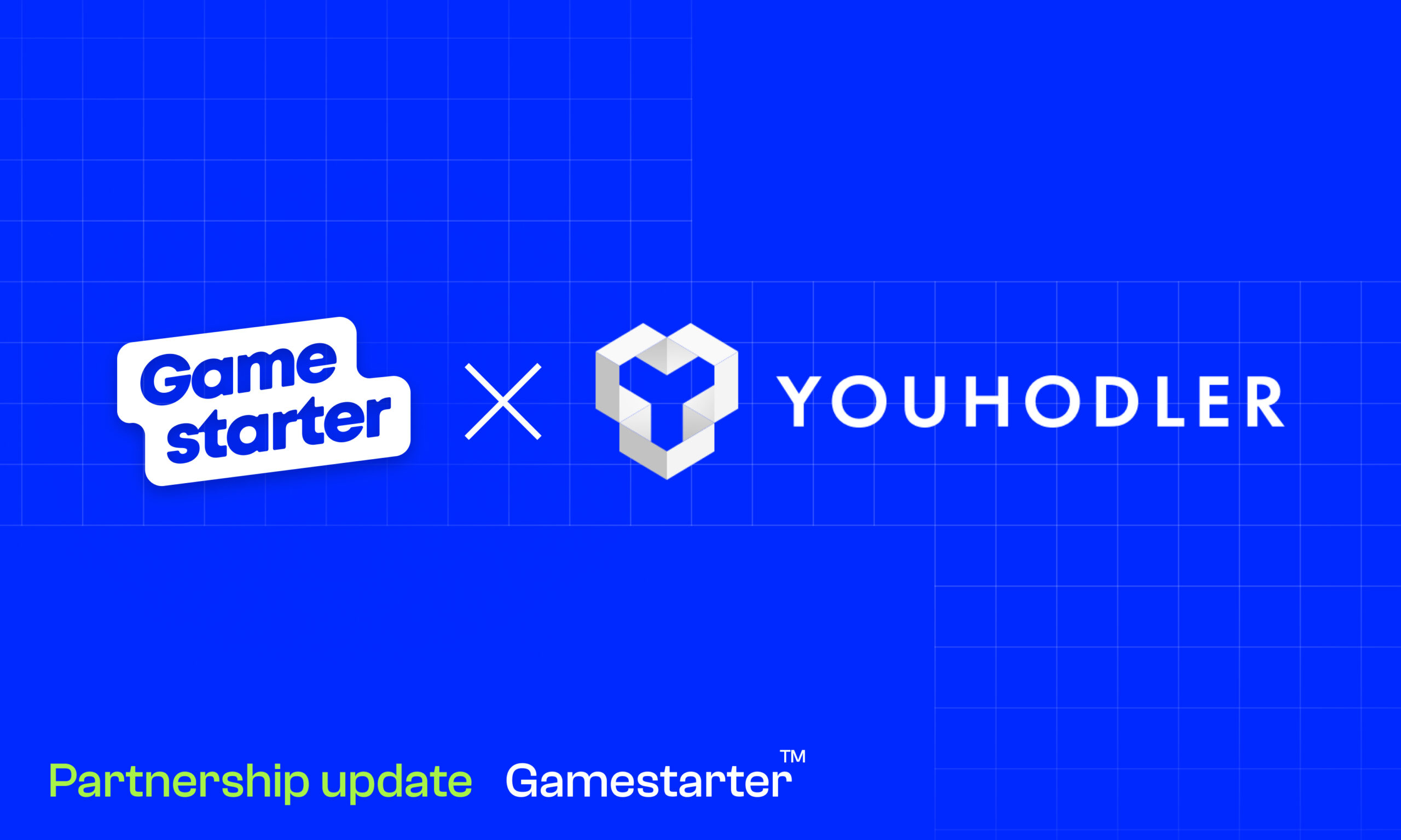Bosch’s Roadmap to Blockchain Bliss

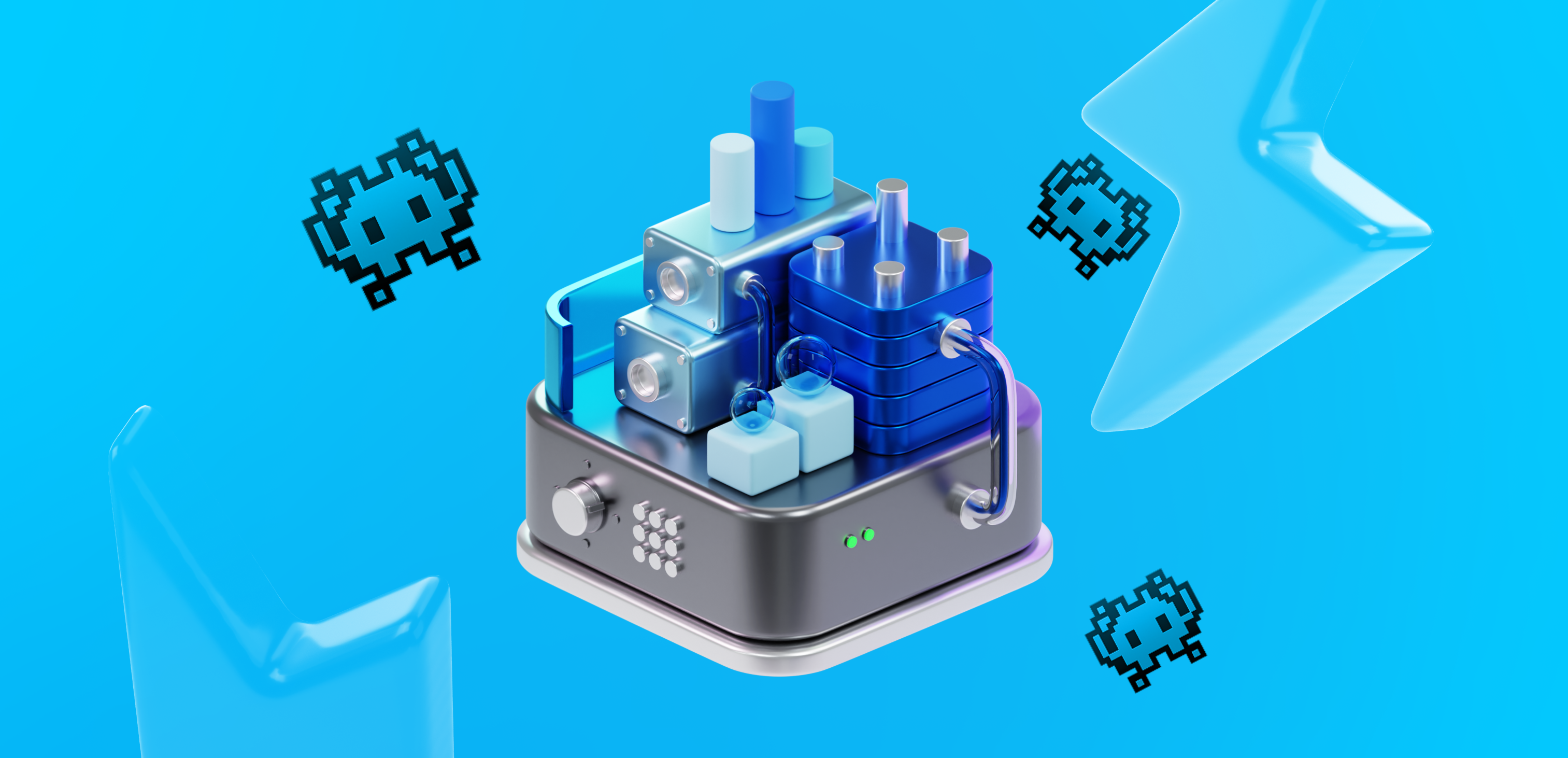
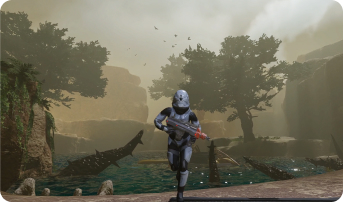
Become part of exclusive group that shapes GS Future
Tech giant Bosch is spearheading an upcoming digital mobility initiative, supported by the German government, that recently made its debut at IAA Mobility 2023 in Munich. Alongside partners like Mobix and Peaq Network, Bosch unveiled a decentralized parking and charging system built on the Peaq ecosystem’s moveIDs.
These moveIDs serve as blockchain-based self-sovereign identities (SSIs), enabling automated transactions between vehicles and smart infrastructure. The live demo showcased seamless interactions between a smart car, a charging station, and a parking signal.
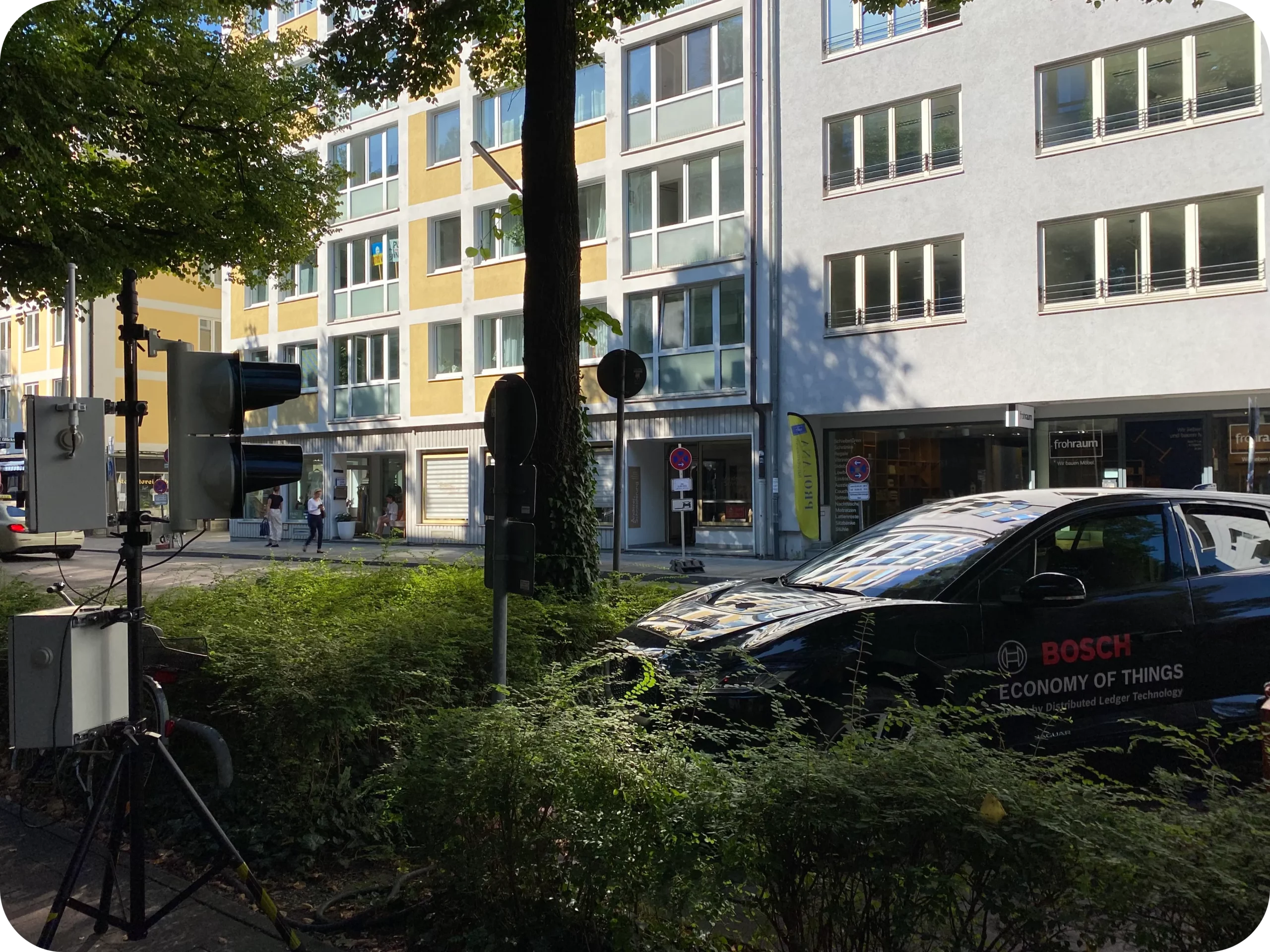 A Jaguar electric vehicle (EV) equipped with a moveID communicating with a traffic light to signal charging availability via blockchain transactions. Source: Cointelegraph
A Jaguar electric vehicle (EV) equipped with a moveID communicating with a traffic light to signal charging availability via blockchain transactions. Source: Cointelegraph
The project leaders emphasized the fragmented nature of the mobility sector, where users often navigate through various services requiring multiple accounts and cards. By leveraging blockchain technology, the initiative aims to offer a unified, open ecosystem where users can effortlessly find optimal services, parking, and charging spots.
Decentralized identities on open blockchain networks were highlighted as a groundbreaking technology, offering users unparalleled control over their own data. This is particularly relevant for charging scenarios, where only the user and the charging station engage in the transaction, maintaining data privacy and compliance with European General Data Protection Regulation (GDPR).
One of the project’s key objectives is to standardize this technology across the automotive industry in Germany and Europe. The initiative is part of a larger European Union-funded program called Gaia-X, which aims to establish a secure, federated data infrastructure for Europe and set the groundwork for future smart cities.
 Bosch’s multi-party computation (MPC) architecture. Source: Bosch
Bosch’s multi-party computation (MPC) architecture. Source: Bosch
The leaders underscored the need for user-friendly systems, predicting that within five to eight years, digital IDs will become as commonplace as physical IDs are today. They envision future smart cities as networks of “interconnected things” with their own identities, transforming the Internet of Things (IoT) into an Economy of Things (EoT). This shift will enable machines to perform economic activities that support society, provided these systems remain open, decentralized, and interoperable, allowing everyone to share in the benefits.
As we navigate the road to smarter cities and seamless mobility, Bosch’s groundbreaking initiative serves as a beacon. It’s not just about making our commutes easier; it’s about redefining how we interact with technology, data, and even the economy itself.
With digital IDs soon to be as common as car keys and machines becoming economic players, we’re accelerating toward a future where everything is interconnected. So fasten your seatbelts—Bosch is steering us into an exciting new era of digital life.

are registered trademarks. All rights reserved.



